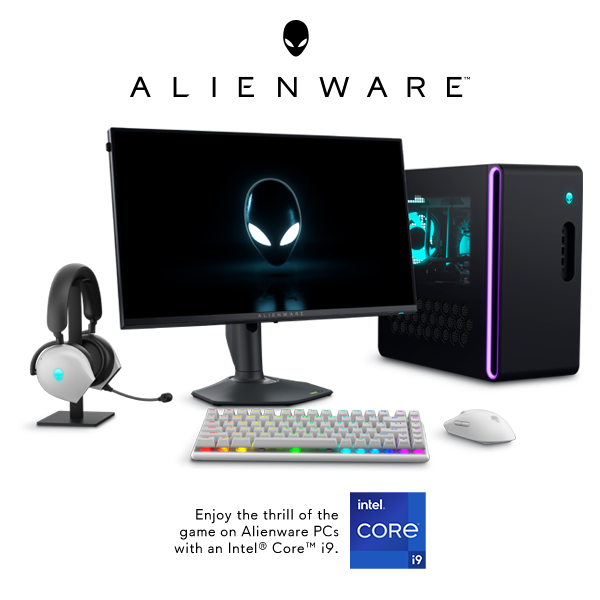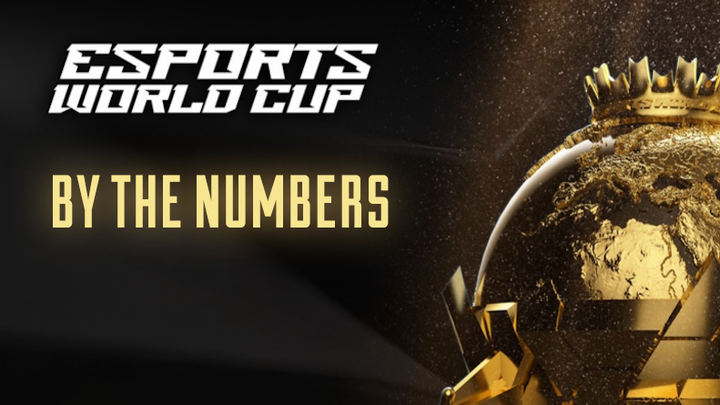ESRB Says It Doesn't See 'Loot Boxes' As Gambling
“ESRB does not consider loot boxes to be gambling,” said an ESRB spokesperson in an e-mail to Kotaku. “While there’s an element of chance in these mechanics, the player is always guaranteed to receive in-game content (even if the player unfortunately receives something they don’t want). We think of it as a similar principle to collectible card games: Sometimes you’ll open a pack and get a brand new holographic card you’ve had your eye on for a while. But other times you’ll end up with a pack of cards you already have.”
The ESRB, which rates the majority of video games that are sold and published in North America with both letter grades (M for Mature, E for Everyone) and content descriptors (Blood and Gore, Nudity), has categories for both Real Gambling and Simulated Gambling. According to the ESRB’s criteria, “Real Gambling” is any sort of wagering involving real cash, while “Simulated Gambling” means that the “player can gamble without betting or wagering real cash or currency.” The spokesperson added that any game with real gambling will always receive an “Adults Only” rating, which would be poisonous for big publishers, as most big-box retailers will not sell A-O games in their stores.
The ESRB’s argument may not sit well with those who believe that loot boxes are designed in the same predatory fashion as slot machines or craps tables. Many of this fall’s games, including Shadow of War, Destiny 2, and the upcoming Star Wars Battlefront II, feature systems in which you can spend real money to get randomized gear in the form of loot boxes. The addition of these microtransactions in $60 games is always a sore subject, made far worse when they have an impact on your character’s strength and abilities, as they do in these games. (Battlefront II is not out yet, but in our own extensive experience, loot boxes in both Shadow of War and Destiny 2 are easy to ignore, although their existence lingers.)













